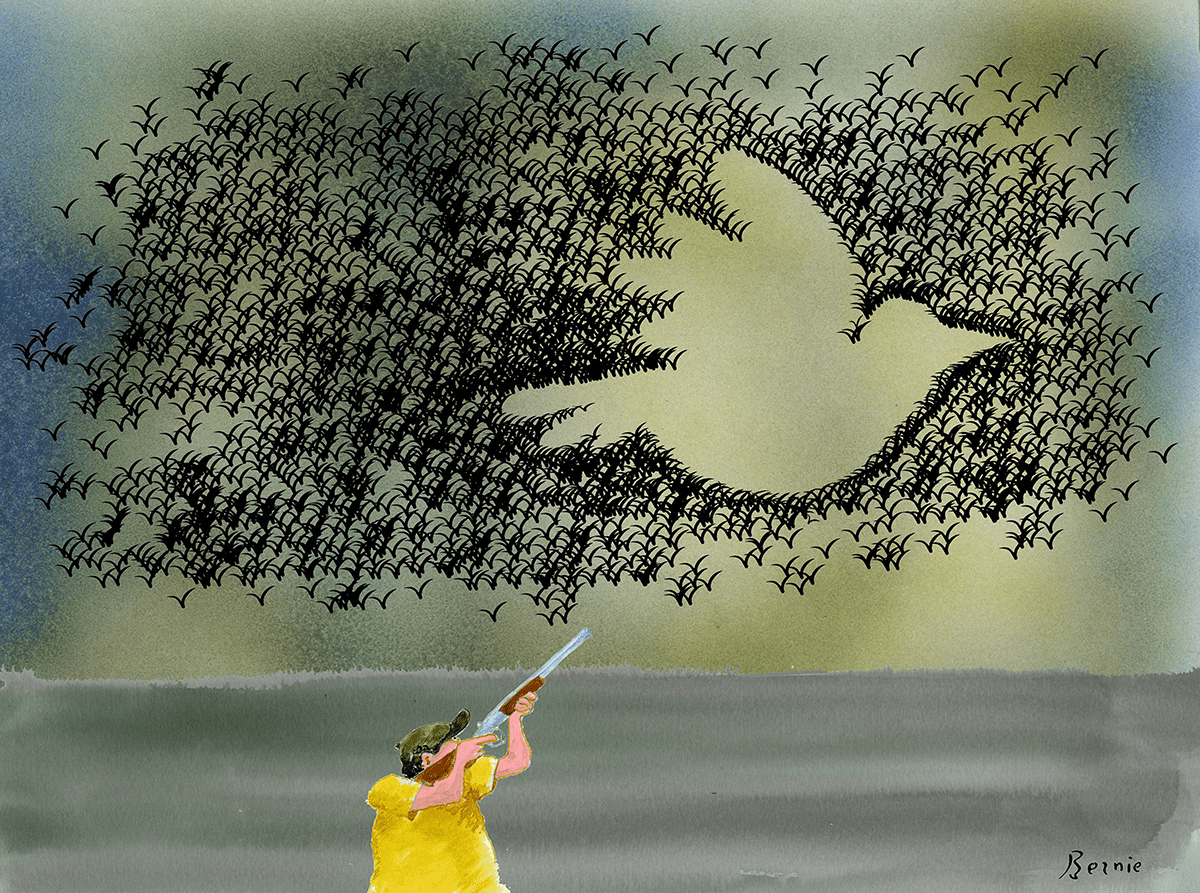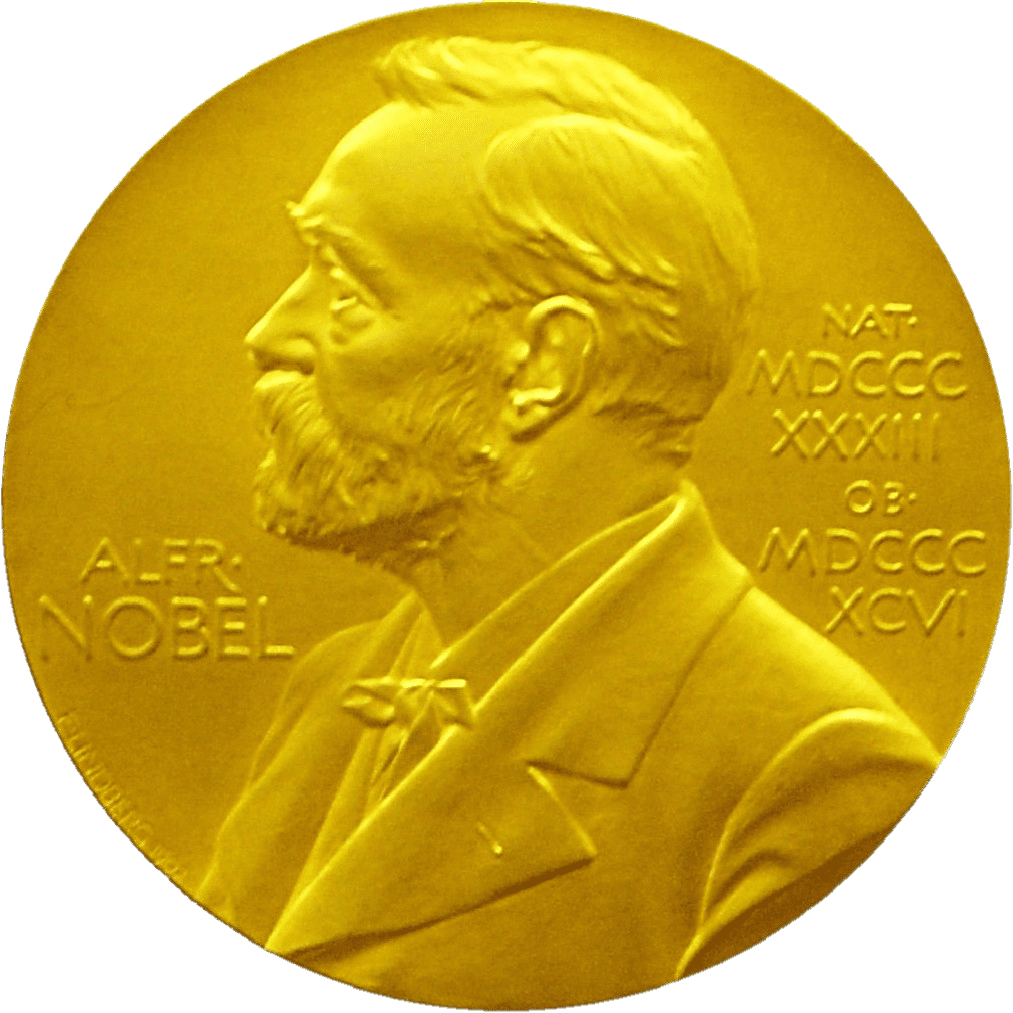In September 2024, the World Peace Foundation launched a new podcast series called Disrupting Peace that I host. I’ve learned a lot in the process of creating this podcast series and below are my 6 key takeaways, one from each episode. But first, let me introduce a little background about why we created the podcast.
We had several goals: one was to broaden the audience of people engaged with issues related to peace. To this end, we tried to create a podcast that is easy to listen to in terms of high production quality, excellent guests, and a welcoming, conversational tone. In other words, it’s not academic, even though researchers appear in every episode.
Second, we wanted to invite our audience to think about “peace” in different ways: it is not just the binary of war or no-war. We’re interested in what specialist call positive peace, (drawing on John Galtung), which includes sustainability, resilience and social justice. It challenges us to think big. When we say we want a peaceful society or a more peaceful world, what does that mean?
Another goal was to create a platform for discussion that was skeptical, but hopeful. It’s a tough balance. There is a lot of policy change work that offers quick fixes in the form of policy recommendations, as if complex challenges can be reduced to bite-sized quick fixes. This was the approach in the 1990s, when I first started this work and a moment of global expansion of the “peacebuilding agenda.” Clearly it didn’t solve the world’s problems. But there is a difference between being skeptical about a globally applicable template for creating peace and prosperity, and abandoning the goal of making the world less violent. Compared to the heyday of peacebuilding in the 1990s, today’s world looks more fragile and violent. This is exactly why we need clear-eyed assessments of the past alongside curiosity about what might yet work.
Here is some of what I learned in season one:
Episode 1, “We thought we solved world peace”: Don’t over-emphasize political changes (even big ones); pay more attention to how today’s problems are built on and often reinforce long-standing power relations. As Sam Moyn (Yale Law School) & Mamello (Open Secrets, South Africa) note, corruption in South Africa today did not start at the end of apartheid, it was baked into a corrupt system that has long been facilitated by corrupt international financial networks.
Episode 2, “The arms trade: let’s talk about big weapons”: Be intentional about your change strategies. There are tradeoffs to engaging global powers and compromising vision — or forging ahead on principles and drawing on less powerful allies. Ray Acheson (Reaching Critical Will) & Bill Hartung (Quincy Institute) helped crystallize this challenge in their discussion of how to control weapons.
Episode 3, “AI and autonomous weapons today”: Pay attention: autonomous weapons are developing incredibly fast. Two of today’s conflicts are particularly driving the pace: wars in Ukraine and Gaza. Both include countries with advanced technological capacity: Ukraine, Russia and Israel. In addition to the extremely lethal, systematic violence against civilians in Ukraine and Gaza, they’re setting the stage for more dangerous futures. Sai Borouthu (Stop Killer Robots) and Laura Bruun (Stockholm International Peace Research institute) emphasized this point.
Episode 4, “While addressing the climate crisis will increase peace”: Don’t sacrifice transformation in the name of urgency. The changes we need to protect the earth cannot be measured in percentages of change alone. It requires understanding long global histories of injustices and new commitments to fundamental change. In a moving and thoughtful conversation, Gustavo Garcia-Lopez (University of Coimbra, Portugal) and Tatiana Garavita Ibañez (Tipping Point UK) make this argument in the context of the climate crisis.
Episode 5, “What does prison abolition have to do with world peace?”: Mass incarceration, with the companion policies of surveillance and state violence against minorities, belies the fiction that the US enjoys domestic peace. But the prison abolition movement has developed ideas and practices that can counter this history. Catherine Besteman (Colby College) and Kentel Weaver (Transformational Prison Project) discuss how.
Episode 6, “How will the election impact immigration?”: You cannot solve problems if you don’t care enough to listen to people who are directly involved. Jason DeLeon (UCLA) offers this insight in relation to his work on migration to the US. Jason reminds us that many people who flee to the US are doing so because their lives are at risk back home.
Each episode ends with a discussion with guests about what changes we can make in our lifetimes to contribute to a better long-term future. Sometimes hopeful, sometimes uncertain, these discussions return to us to the challenge of thinking the long-game and acting today. As we begin production for season two, I am deeply grateful for the thought-provoking conversations I’ve had and look forward to continuing to build on these dialogues, expanding our reach, and further engaging our audience in shaping a more just and peaceful future. There is more to come in season two!



